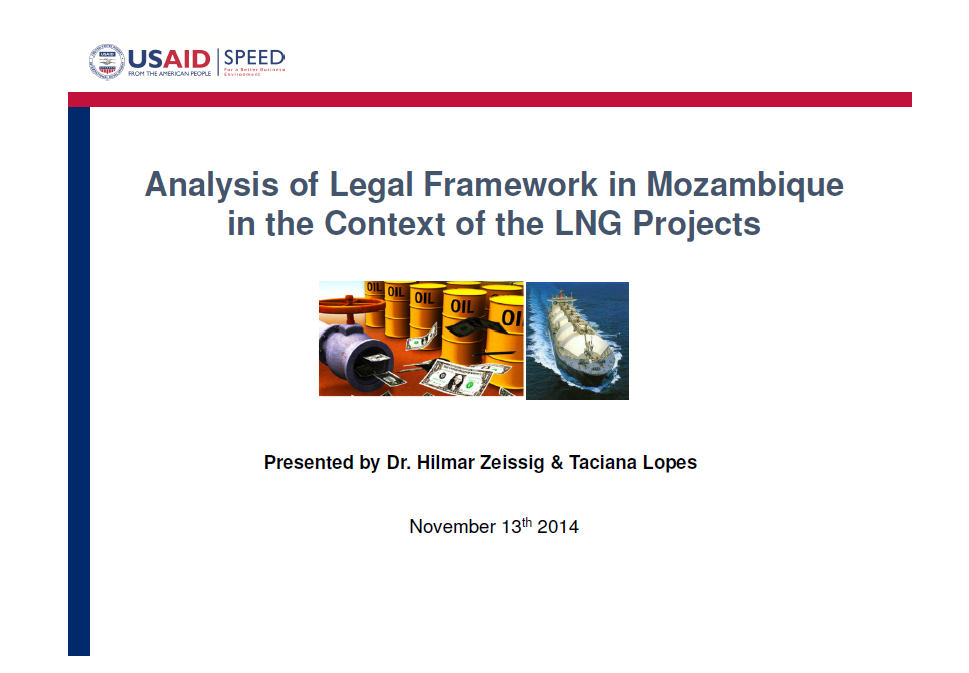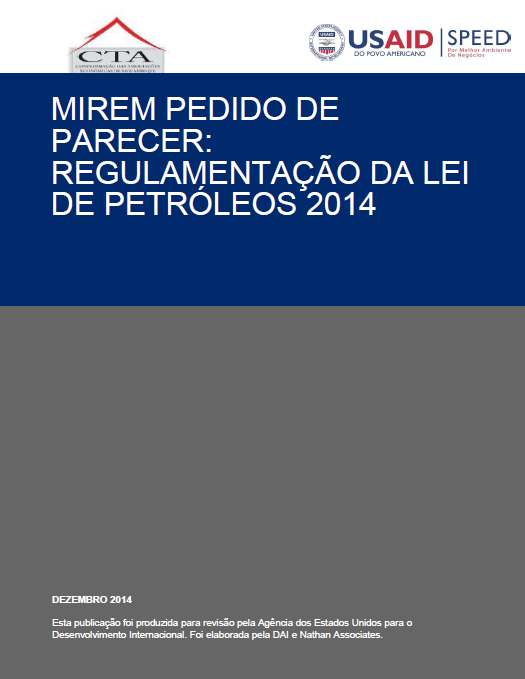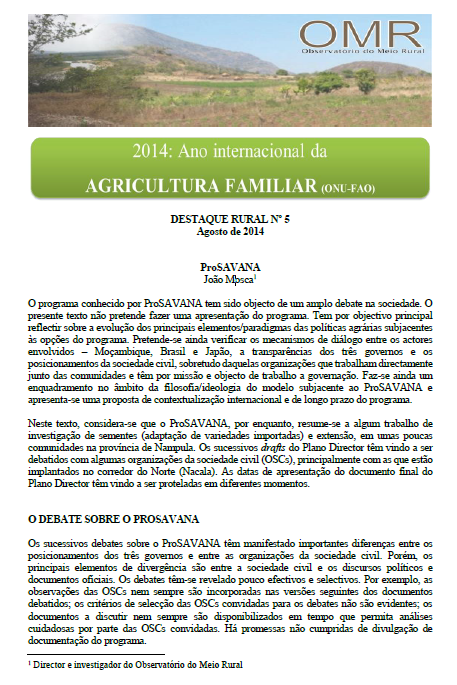Lei de terras: entre a lei e as práticas na defesa de direitos sobre a terra
Hoje, no quadro dos projectos de exploração dos recursos minerais e grandes projectos de construção de infra estruturas, ocorrem, ou há potencialidade de ocorrência, conflitos que opõem particulares entre si (titular de um direito sobre a terra e um investidor) ou particular e a Administração Pública.
Por isso, considera-se que seria importante discutir os mecanismos de extinção de direitos sobre a terra e os meios de defesa do direito de uso e aproveitamento da terra (DUAT) como forma de procurar demonstrar a relação entre a Lei e a prática.












